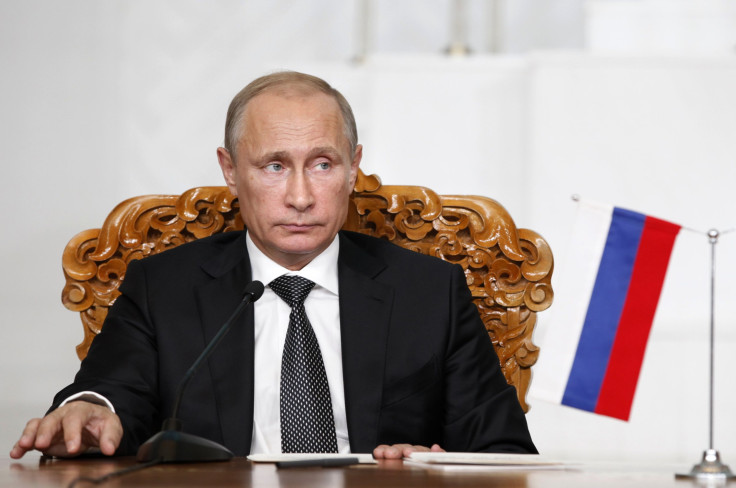Ukraine Crisis: Will NATO’s 'Spearhead' Force Change Putin's Policies?

NATO’s newly announced “spearhead” force to be deployed in Eastern Europe has already accomplished part of its mission: getting the attention of Vladimir Putin and the Russian Federation. After months of criticism that NATO wasn’t doing enough to stand up to Russia’s brazen incursions into Ukraine, NATO answered Friday with “several thousand troops” and more military bases in countries along Russia’s border, namely in Poland and the former Soviet Baltic republics of Lithuania, Estonia and Latvia.
But is NATO's "Readiness Action Plan" enough to stop Putin from inserting himself into the affairs of his neighbors? In the Baltics, maybe. In Ukraine? Probably not.
What Russia will likely do next is redraw its own military doctrine to reciprocate the buildup on its western frontiers, according to Mikhail Popov, deputy secretary of Russia’s national security council. He called the plan “evidence of the desire of U.S. and NATO leaders to continue their policy of aggravating tensions with Russia.”
That probably means a reciprocal buildup on the Russian side of the border, as “Russia pursues military modernization,” Francios Heisbourg, a professor at the Geneva Centre for Security Policy, told International Business Times.
Most experts agree that Russia wouldn’t outright invade a NATO country, spearhead force or not. Up until the Wales summit, critics accused NATO of being soft and a “nearly extinct dodo that had somehow managed to last into the 21st century.”
Russia is aware of that. Putin has tested NATO’s response to crises in Georgia and Ukraine, both prospective NATO members, in recent years. With the former, Russia's brief war in 2008 proved that NATO wasn’t ready to step in to defend Georgia, an aspiring NATO state. But NATO has taken a tougher stance after Russia grabbed Crimea from Ukraine this winter. Jan Techau, director of Carnegie Europe, a think tank in Belguim, said Thursday that NATO’s latest efforts represent a “reinvention.”
What could change how Putin handles Ukraine in coming weeks and months is “permanent NATO force deployments eastward [and] providing quick, substantial and visible political and economic support to Ukraine, including weapons,” said Heisbourg.
The Russian Foreign Ministry said Friday the decisions at the NATO Wales Summit “will inevitably escalate tensions, threaten the visible progress in Ukraine’s peace process and facilitate a deepening split among Ukrainians.”
The Ukrainian government and pro-Russian separatists signed a bilateral cease-fire on Friday as a proposed first step in a peace deal, signaling some cautious progress in the five-month war. Still, separatists haven't given up negotiating some sort of autonomy and the Russian Foreign Ministry’s comments suggest Russia is prepared for more fighting.
© Copyright IBTimes 2024. All rights reserved.






















